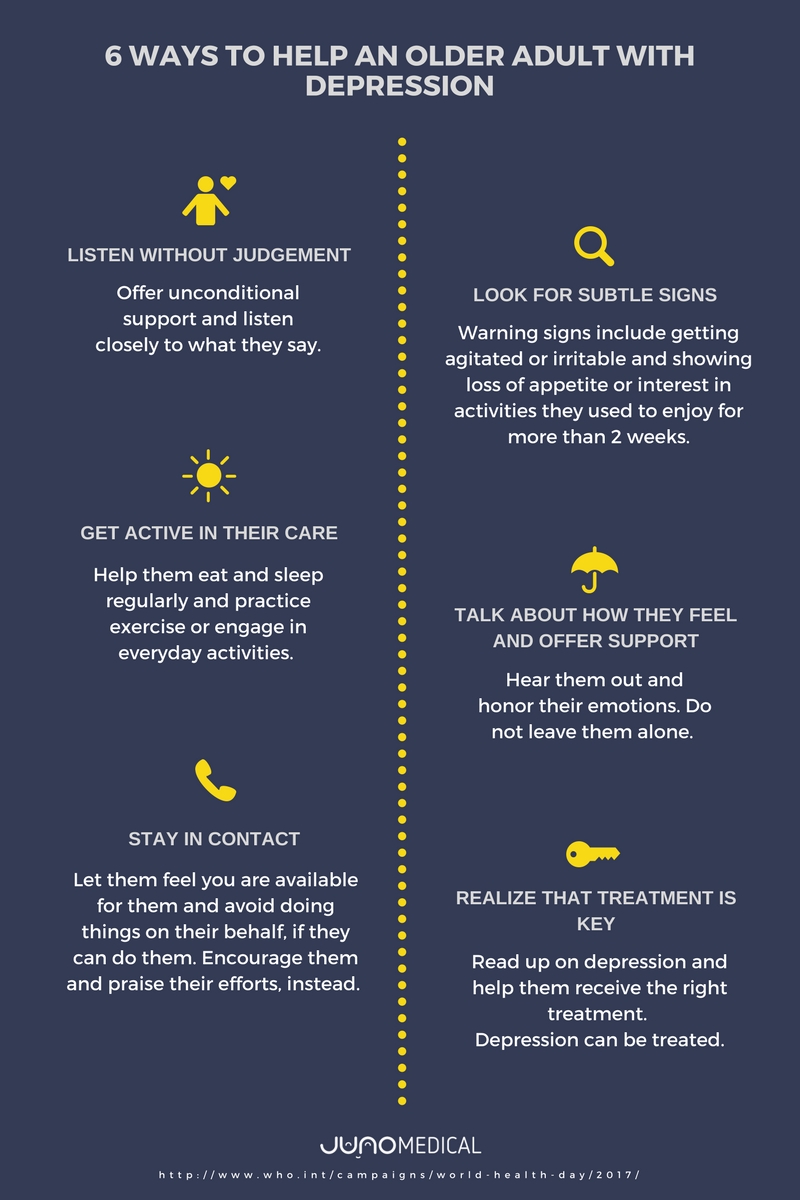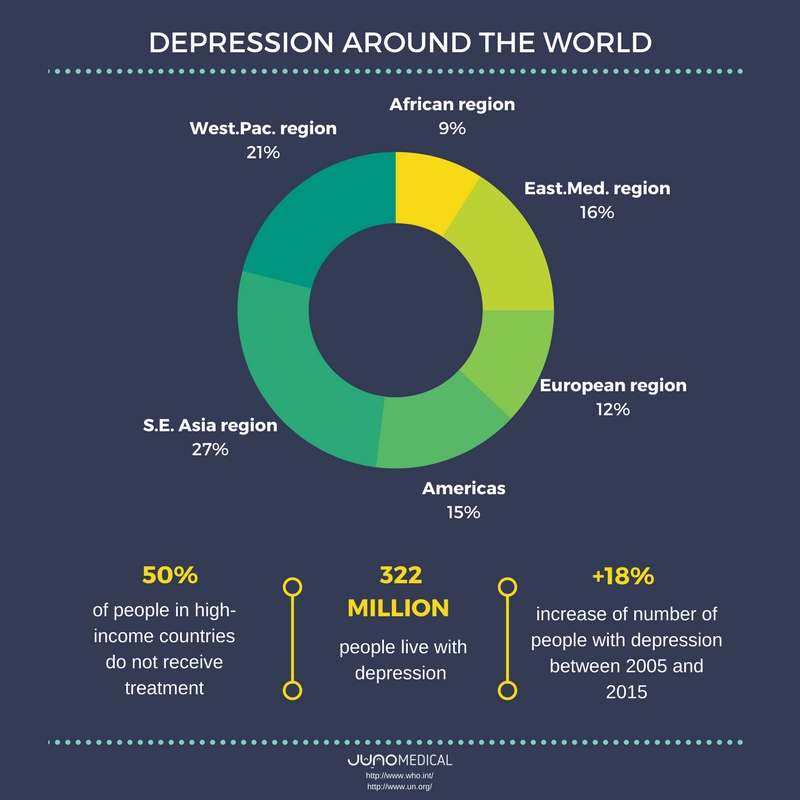Munchausen’s syndrome is a psychological disorder where someone pretends to be ill or deliberately produces symptoms of illness in themselves.
Their main intention is to assume the “sick role” to have people care for them and be the centre of attention.
Any practical benefit in pretending to be sick – for example, claiming incapacity benefit – isn’t the reason for their behaviour.
Munchausen’s syndrome is named after a German aristocrat, Baron Munchausen, who became famous for telling wild, unbelievable tales about his exploits.
Types of behaviour
People with Munchausen’s syndrome can behave in a number of different ways, including:
pretending to have psychological symptoms – for example, claiming to hear voices or claiming to see things that aren’t really there
pretending to have physical symptoms – for example, claiming to have chest pain or a stomach ache
actively trying to get ill – such as deliberately infecting a wound by rubbing dirt into it
Some people with Munchausen’s syndrome may spend years travelling from hospital to hospital feigning a wide range of illnesses. When it’s discovered they’re lying, they may suddenly leave hospital and move to another area.
People with Munchausen’s syndrome can be very manipulative and, in the most serious cases, may undergo painful and sometimes life-threatening surgery, even though they know it’s unnecessary.
What causes Munchausen’s syndrome?
Munchausen’s syndrome is complex and poorly understood. Many people refuse psychiatric treatment or psychological profiling, and it’s unclear why people with the syndrome behave in the way they do.
Based on the available research and case studies, several factors have been identified as possible causes of Munchausen’s syndrome. These include:
emotional trauma or illness during childhood – this often resulted in extensive medical attention
a personality disorder – a mental health condition that causes patterns of abnormal thinking and behaviour
a grudge against authority figures or healthcare professionals
Childhood trauma
Munchausen’s syndrome may be caused by parental neglect and abandonment, or other childhood trauma.
As a result of this trauma, a person may have unresolved issues with their parents that cause them to fake illness. They may do this because they:
have a compulsion to punish themselves (masochism) by making themselves ill because they feel unworthy
need to feel important and be the centre of attention
need to pass responsibility for their wellbeing and care on to other people
There’s also some evidence to suggest people who’ve had extensive medical procedures, or received prolonged medical attention during childhood or adolescence, are more likely to develop Munchausen’s syndrome when they’re older.
This may be because they associate their childhood memories with a sense of being cared for. As they get older, they try to obtain the same feelings of reassurance by pretending to be ill.
Personality disorders
Some examples of the different personality disorders thought to be linked with Munchausen’s syndrome include:
antisocial personality disorder – a person may take pleasure in manipulating and deceiving doctors, giving them a sense of power and control
borderline personality disorder – where a person struggles to control their feelings and often swings between positive and negative views of others
narcissistic personality disorder – where a person often swings between seeing themselves as special and fearing they’re worthless
It could be that the person has an unstable sense of their own identity and also has difficulties establishing meaningful relationships with others.
Playing the “sick role” allows them to adopt an identity that brings unconditional support and acceptance from others with it. Admission to hospital also gives the person a clearly defined place in a social network.
Diagnosing Munchausen’s syndrome
Diagnosing Munchausen’s syndrome can be challenging for medical professionals.
People with the syndrome are often very convincing and skilled at manipulating and exploiting a doctor’s concern for their patients, and their natural interest in investigating unusual medical conditions.
Investigating claims
If a healthcare professional suspects a person may have Munchausen’s syndrome, they’ll look at the person’s health records to check for inconsistencies between their claimed and actual medical history. They may also contact the person’s family and friends to find out whether their claims about their past are true.
Healthcare professionals can also run tests to check for evidence of self-inflicted illness or tampering with clinical tests. For example, the person’s blood can be checked for traces of medication they shouldn’t be taking but which could explain their symptoms.
Doctors will also want to rule out other possible motivations for their behaviour, such as faking illness for financial gain or because they want access to strong painkillers.
Munchausen’s syndrome can usually be confidently diagnosed if:
there’s clear evidence of fabricating or inducing symptoms
the person’s prime motivation is to be seen as sick
there’s no other likely reason or explanation for their behaviour
Treating Munchausen’s syndrome
Treating Munchausen’s syndrome can be difficult because most people refuse to admit they have a problem and won’t co-operate with suggested treatment plans.
Some experts recommend that healthcare professionals should adopt a gentle non-confrontational approach, suggesting the person has complex health needs and may benefit from a referral to a psychiatrist.
Others argue that a person with Munchausen’s syndrome should be confronted directly and asked why they’ve lied and whether they have stress and anxiety.
One of the biggest ironies about Munchausen’s syndrome is that people who have it are genuinely mentally ill, but will often only admit to having a physical illness.
If a person admits to their behaviour, they can be referred to specialist psychiatric services for further treatment. If they don’t admit to lying, most experts agree the doctor in charge of their care should minimise medical contact with them.
This is because the doctor-patient relationship is based on trust and if there’s evidence the patient can no longer be trusted, the doctor is unable to continue treating them.
Psychiatric treatment and CBT
It may be possible to help control the symptoms of Munchausen’s syndrome if the person admits they have a problem and co-operates with treatment.
There’s no standard treatment for Munchausen’s syndrome, but a combination of psychoanalysis and cognitive behavioural therapy (CBT) has shown some success in helping people control their symptoms.
Psychoanalysis is a type of psychotherapy which attempts to uncover and resolve these unconscious beliefs and motivations which can cause many psychological conditions.
CBT helps a person identify unhelpful and unrealistic beliefs and behavioural patterns. A specially trained therapist teaches the person ways of replacing unrealistic beliefs with more realistic and balanced ones.
Family therapy
People with Munchausen’s syndrome still in close contact with their family may also benefit from having family therapy.
The person with the syndrome and their close family members discuss how it’s affected the family and the positive changes that can be made.
It can also teach family members how to avoid reinforcing the person’s abnormal behaviour. For example, this could involve recognising when the person is playing the “sick role” and avoiding showing them concern or offering support.
Who’s affected?
From the available case studies, there appear to be two relatively distinct groups of people affected by Munchausen’s syndrome. They are:
women who are 20 to 40 years of age, often with a background in healthcare, such as working as a nurse or medical technician
unmarried white men who are 30 to 50 years of age
It’s unclear why these two groups tend to be affected by Munchausen’s syndrome. It’s also not known how common the syndrome is.
Some experts believe Munchausen’s syndrome is underdiagnosed because many people succeed in deceiving medical staff. It’s also possible cases may be overdiagnosed as the same person could use different identities.
A large study carried out in a Canadian hospital estimated that out of 1,300 patients, there were 10 who were faking symptoms of illness.





